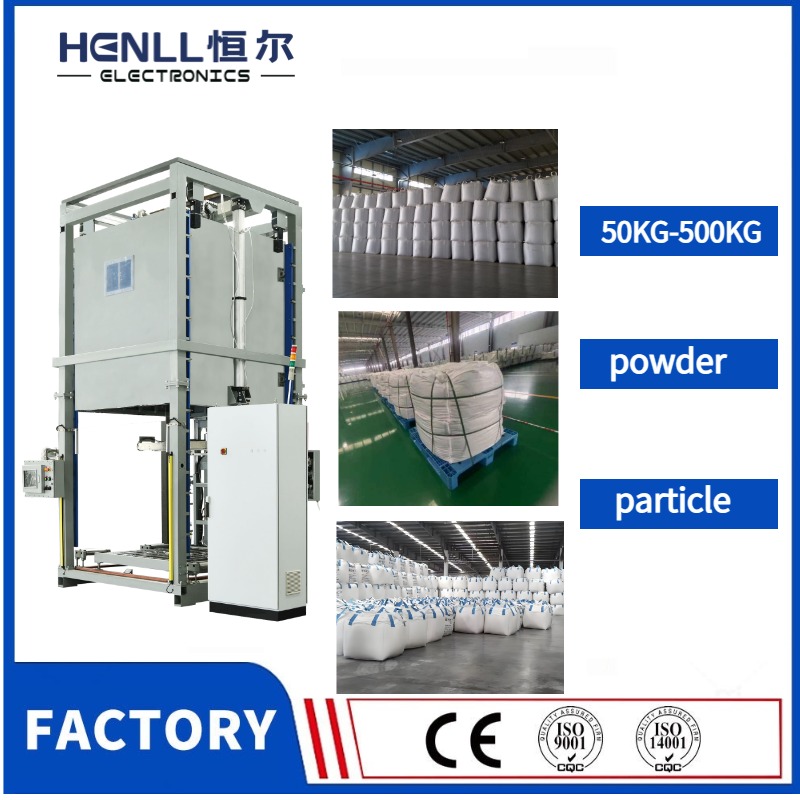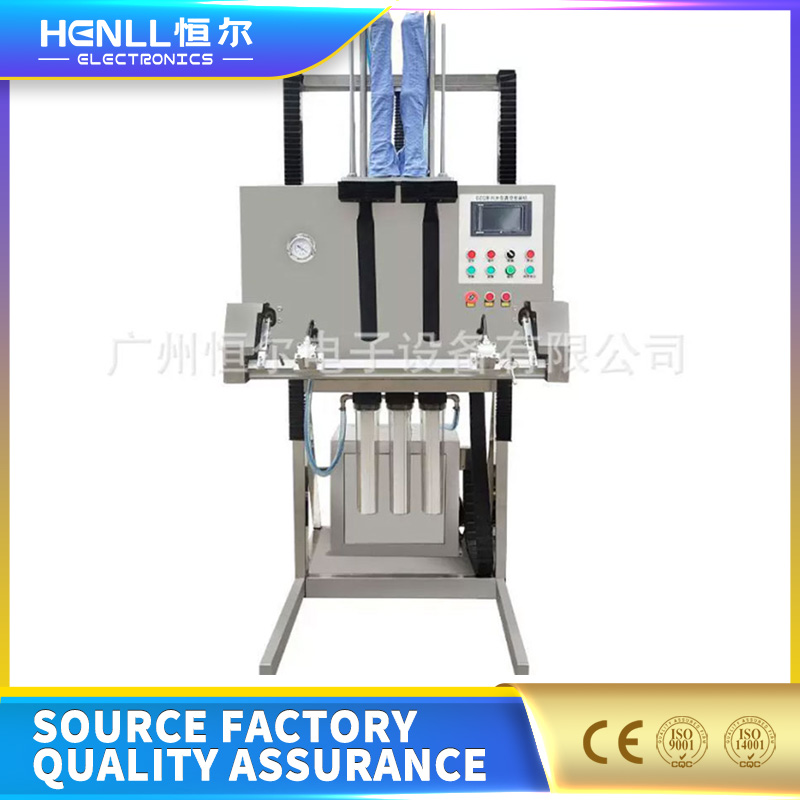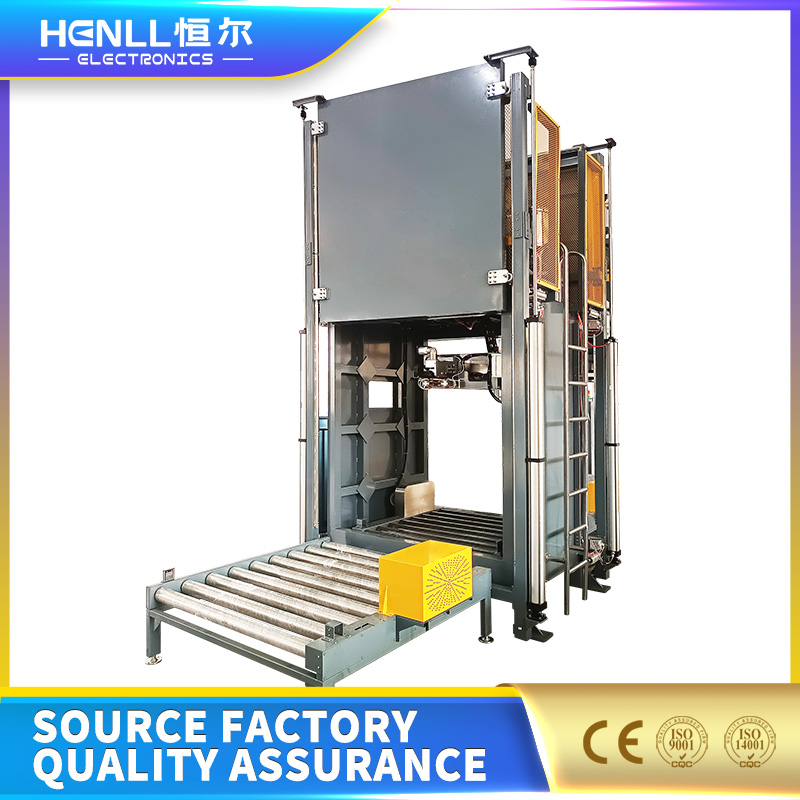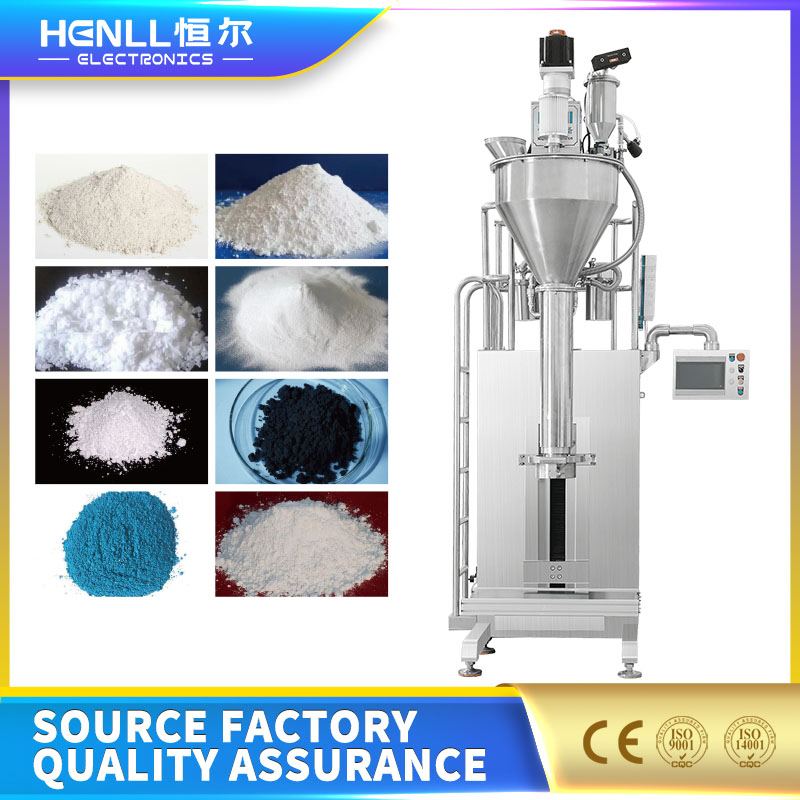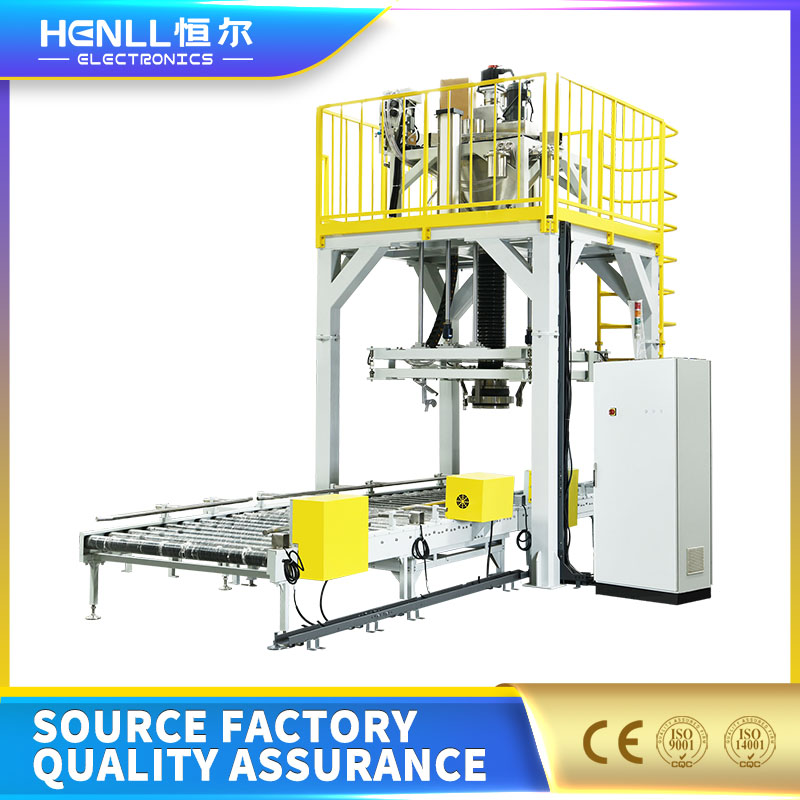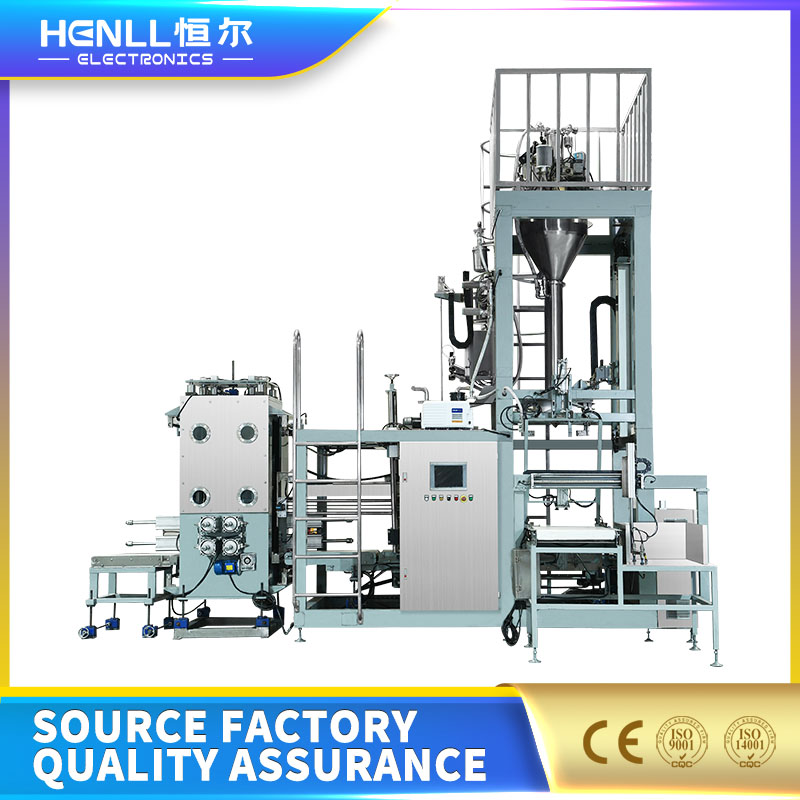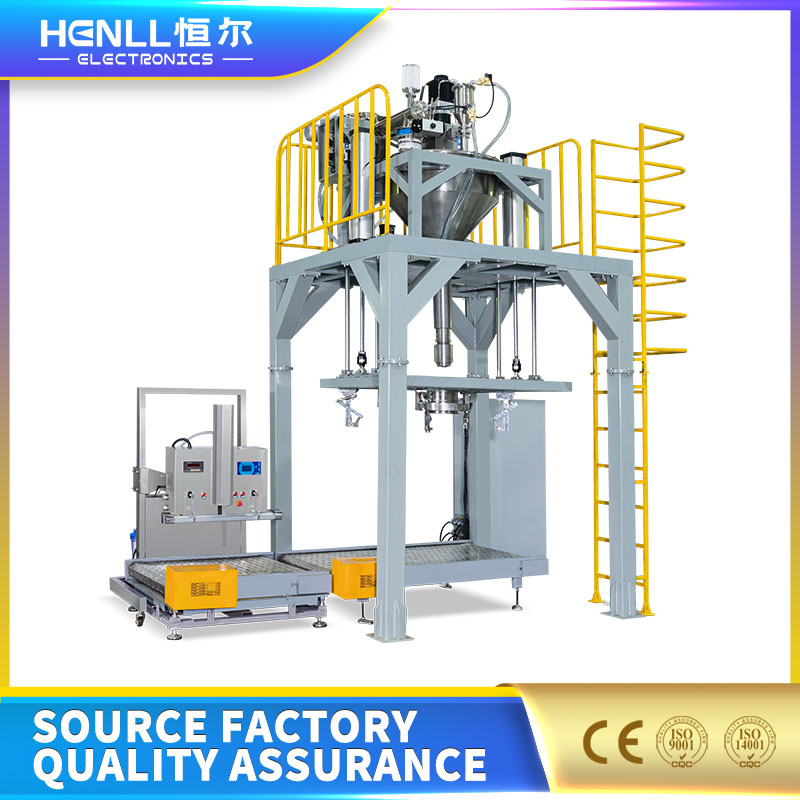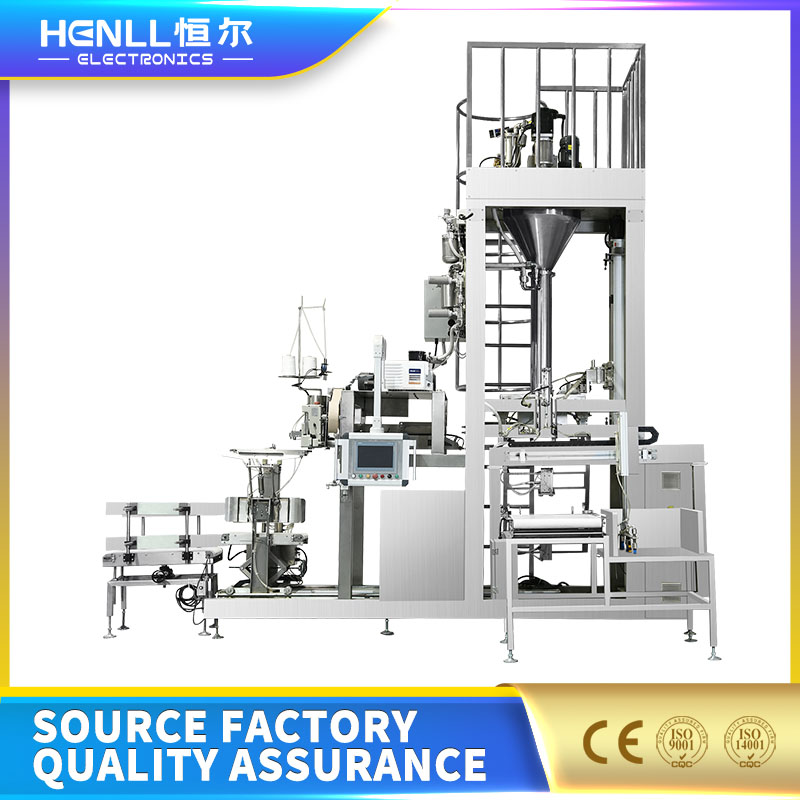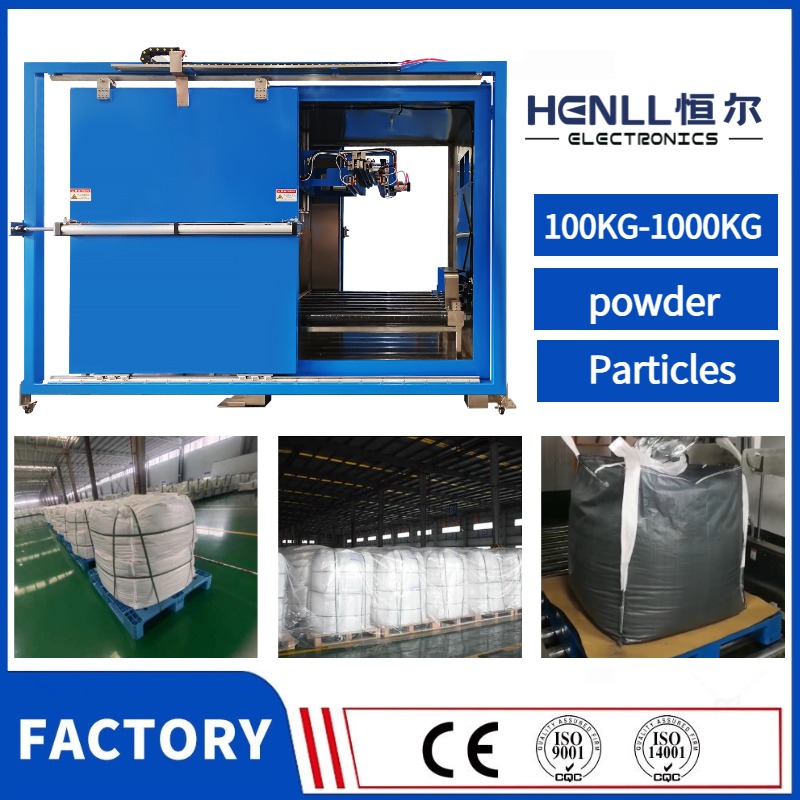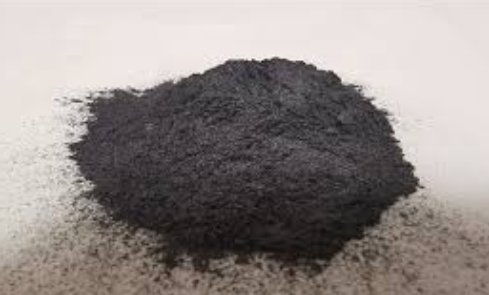Henll has signed a collaboration agreement with India's largest graphite manufacturer to provide a solution for fully automatic graphite packaging. The fibc bag vacuum sealing equipment is a crucial machine in this setup, showcasing the pinnacle of Chinese vacuum packaging technology. Here are the three main points of focus:

Powder Recovery Post Vacuum: After the vacuum process, there is no wastage as the powder can be efficiently recovered, ensuring optimal resource utilization.
Internal Vacuum in Boxes: By creating a vacuum inside the boxes, all air between graphite molecules can be completely eliminated, enhancing the packaging process for graphite materials.
Safety and Reliability: The bulk bag vacuum sealing equipment is designed for safe and reliable operation, ensuring stable performance throughout the packaging process.
This collaboration represents a significant advancement in the field of vacuum packaging technology, offering efficient and advanced solutions for the graphite manufacturing industry.
Characteristics of Graphite:
Conductivity: Graphite is an excellent conductor of electricity, commonly used in the manufacturing of electrodes, conductors, and other electronic components.
Lubricity: Graphite exhibits good lubricity and is often used as a lubricating material in mechanical processing and industrial lubrication.
Thermal Stability: Graphite performs well in high-temperature environments, suitable for high-temperature treatments, melting processes, and other high-temperature applications.
Chemical Stability: Graphite is chemically stable at room temperature and does not readily react with most chemicals.
Mechanical Strength: While graphite is weaker in the vertical direction, it has high mechanical strength and rigidity in the parallel direction.
Corrosion Resistance: Graphite has some degree of corrosion resistance and can be used in anti-corrosion coatings, containers, and pipelines.
Adsorption: With a surface containing a microporous structure, graphite has a certain adsorption capacity and can be used to adsorb gases and other substances.
Applications of Graphite:
Battery Industry: Used in lithium-ion batteries, fuel cells, and other battery electrode materials.
Metallurgical Industry: Utilized in the production of graphite electrodes, graphite molds, and other metallurgical equipment.
Lubricants: Acts as a solid lubricant in mechanical processing, automotive manufacturing, and other industries.
High-Temperature Materials: Employed in the manufacturing of high-temperature furnaces, refractory materials, and more.
Chemical Industry: Used in the production of chemical equipment, corrosion-resistant coatings, and more.
Aerospace: Used in the manufacturing of aerospace components, missile parts, and more.
Nuclear Industry: Applied in nuclear reactors as graphite neutron moderators, among other applications.


